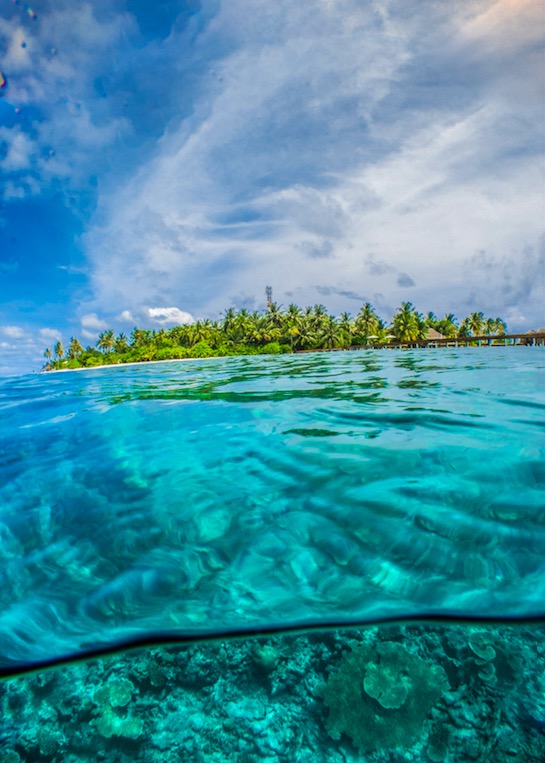The Case for Edible Cutlery
Is edible cutlery the future for takeout businesses?
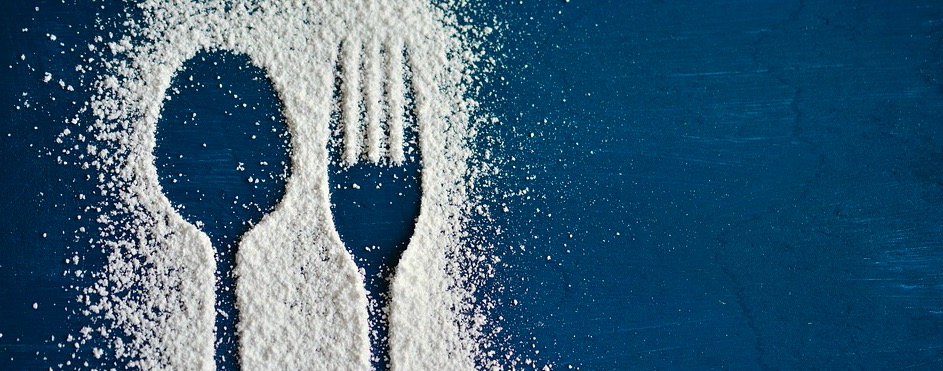
With so much plastic being thrown needlessly into our oceans and landfills, there has been an urgent call to cut down plastic waste for the betterment of our planet. Indeed, [1] "Marine life is facing "irreparable damage" from the millions of tonnes of plastic waste which ends up in the oceans each year, the United Nations has warned." Since the F&B industry is undeniably reliant on the planet's health, especially when it comes to serving fresh and healthy food, could edible cutlery be a viable way to reduce plastic waste?
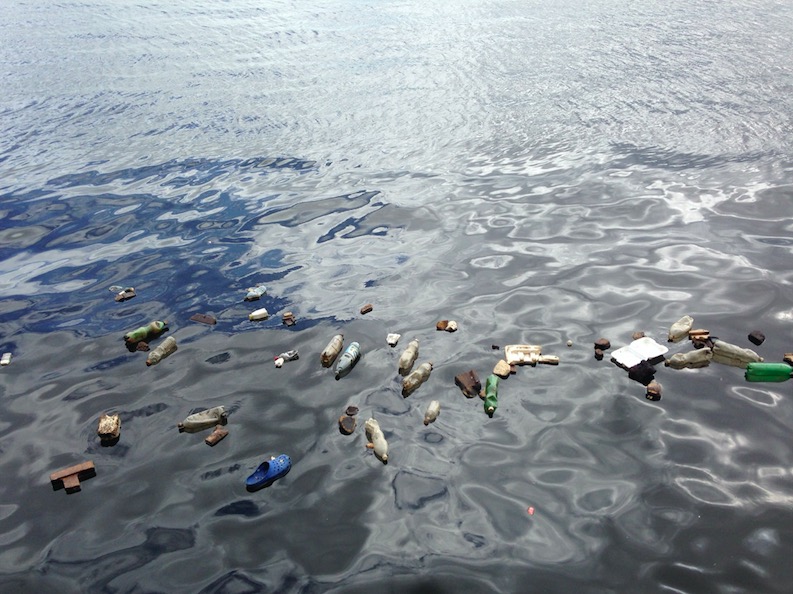
The Numbers:
In July a paper published in the journal Science Advances by industrial ecologist Dr Roland Geyer, from the University of California in Santa Barbara, and colleagues, calculated the total volume of all plastic ever produced at 8.3bn tonnes.
Of that 8.3 billion tons, 79% has simply ended up in our natural environment. Unfortunately, some of the main contributing products include [2] ""single use" items, from drinks bottles and nappies to cutlery and cotton buds."
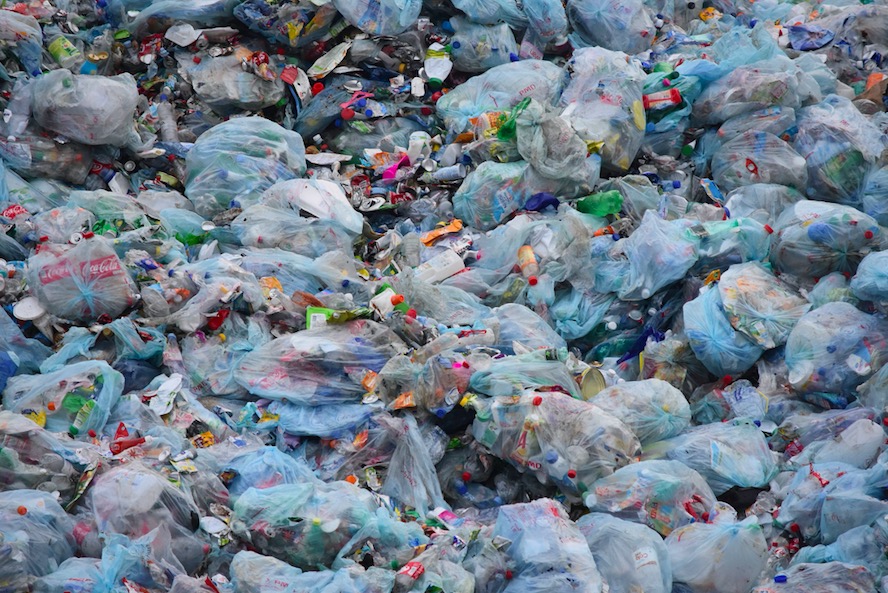
The Solutions:
Edible Cutlery
Bakey's, an Indian company, has started making cutlery that is actually edible. As a direct competitor to single-use plastic cutlery. The benefit of Bakey's cutlery is that it is made from [3]"a mixture of sorghum, rice and wheat flours, kneaded with hot water." The mixture is then dried, which gives it rigidity and durability. Bakey's cutlery can be either consumed or thrown away, where it will biodegrade naturally. Bakey's also claims that their edible cutlery is "100% natural, 100% vegan, 100% degradable (if you choose not eat them)."
Interestingly, Bakey's has flavoured options for their spoons, with some serving more a desert spoons with sweeter flavour profiles, and others as food spoons, with a more savory taste profile.
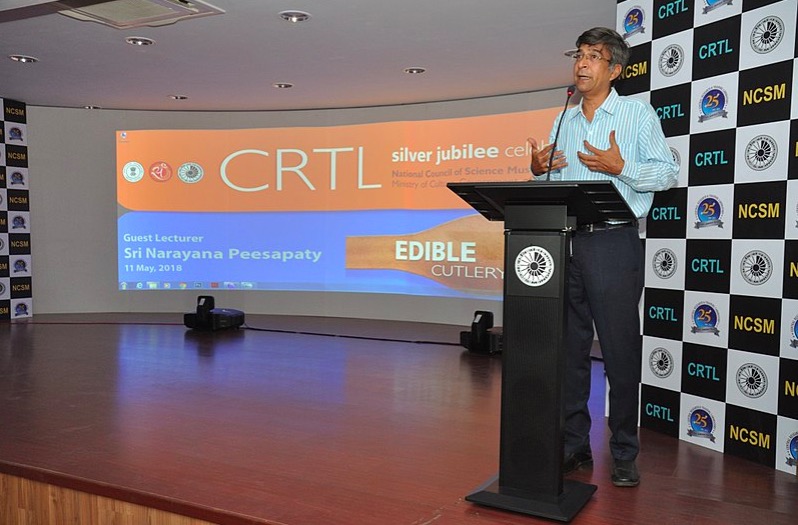
Biodegradable Cutlery
If you have no plans on actually eating your cutlery, there are a plethora of companies making biodegradable cutlery options. Vegware is one such company leading the charge in creating compostable and biodegradable cutlery. Instead of using plastic, all of their cutlery is made from plants. Their products are not only sturdy, but "can break down in under 12 weeks in composting conditions, and is therefore suitable for industrial composting."
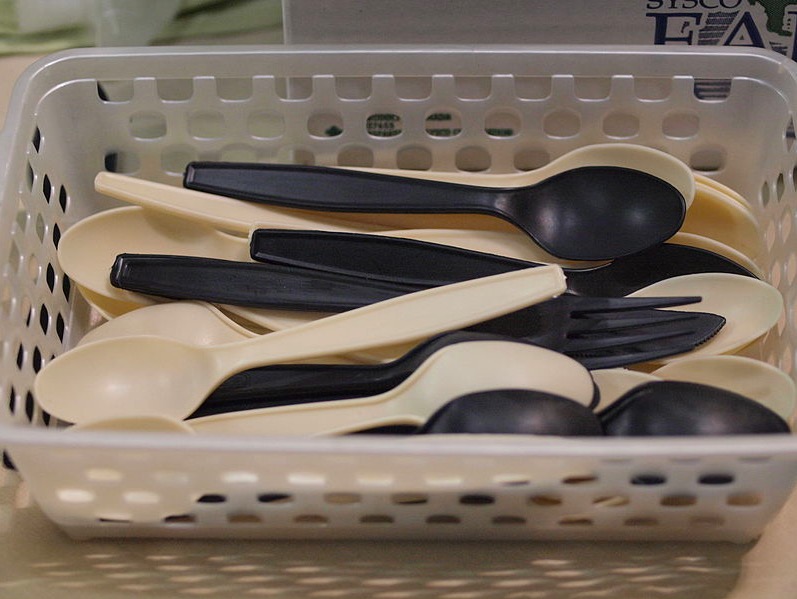
Conclusion
There is inevitably going to be continued demand for single-use cutlery. However, it is simply not viable to keep using plastic as it is having a seriously damaging impact on our environment. With larger scale and more adoption of these new solutions, edible utensils could definitely pave the way for the future of single-use cutlery. Compostable and biodegradable options are also a viable solution to tackle this very-real global problem.
